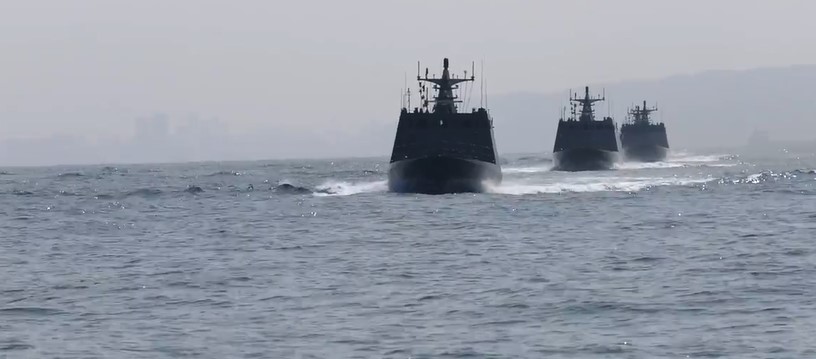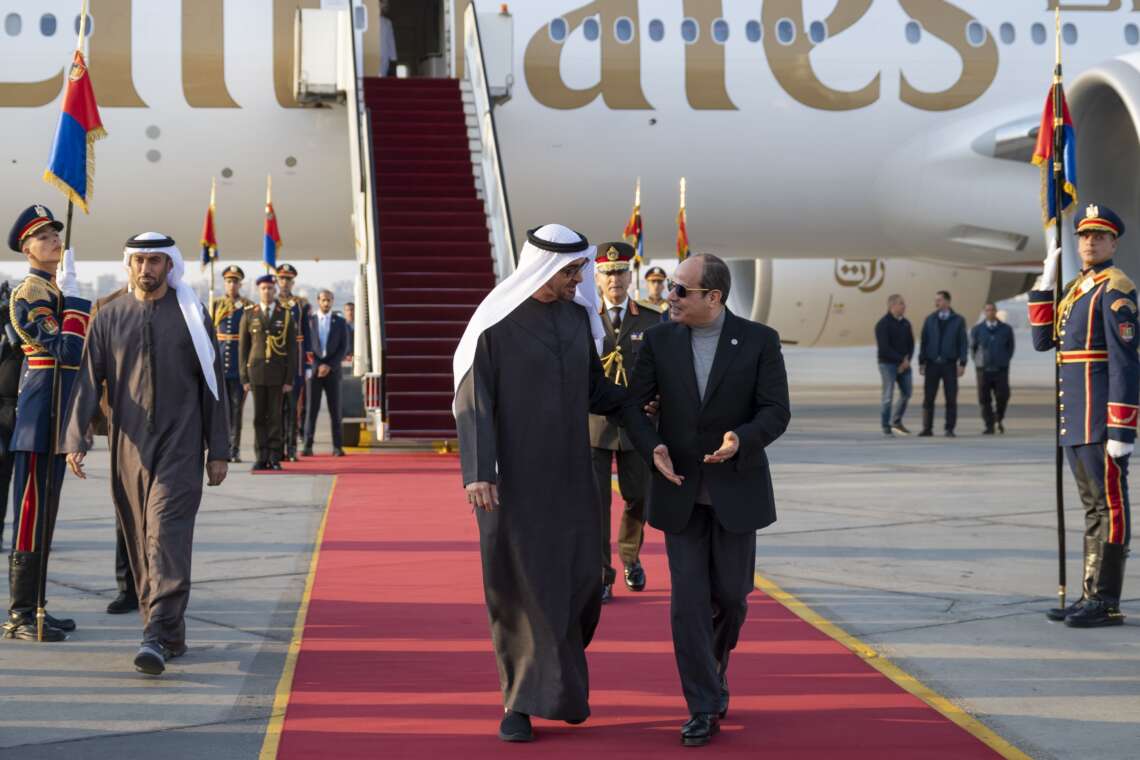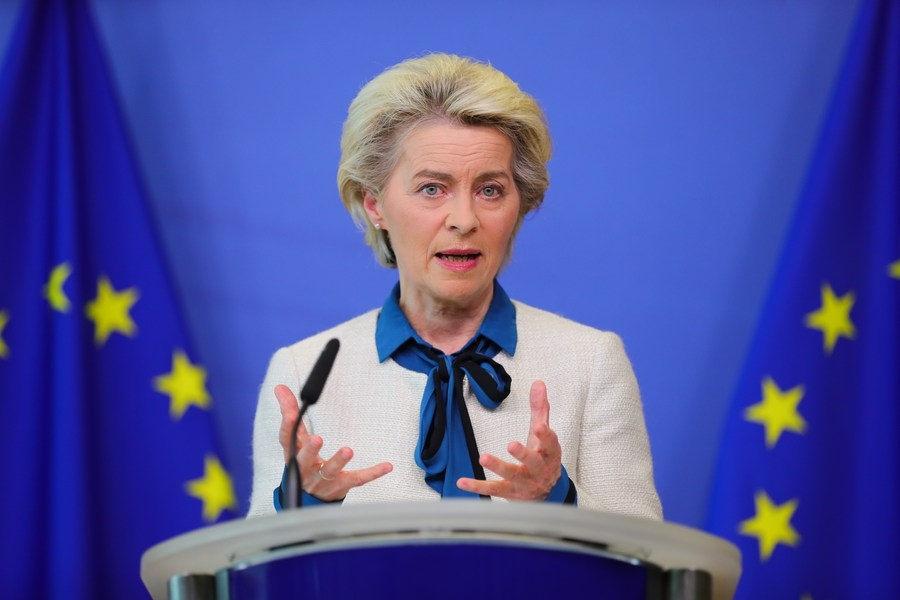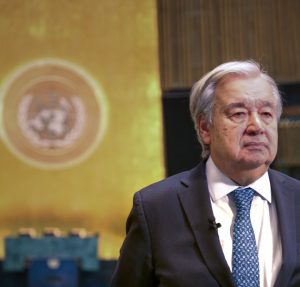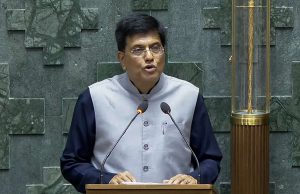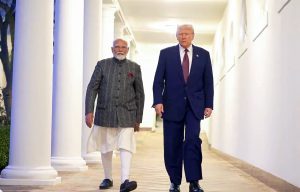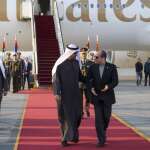US President Donald Trump underscored the need to maintain peace in the Taiwan Strait, advocating for a diplomatic approach to cross-strait tensions while warning against the use of force
The United States and the European Union have reiterated their strong opposition to any unilateral changes to the status quo in the Taiwan Strait following China’s latest round of military drills near Taiwan, which concluded last night. The coordinated stance by Washington and Brussels signals mounting international concern over Beijing’s assertive military posturing in the region.
US President Donald Trump underscored the need to maintain peace in the Taiwan Strait, advocating for a diplomatic approach to cross-strait tensions while warning against the use of force. “The United States emphasizes the importance of preserving peace and stability in the Taiwan Strait and firmly opposes any unilateral attempts to alter the status quo through force or coercion,” said White House press secretary Karoline Leavitt, as reported by Taipei Times.
Similarly, US State Department spokesperson Tammy Bruce condemned China’s military maneuvers, describing them as a direct threat to regional security and global stability. “China’s aggressive military activities and inflammatory rhetoric only serve to heighten tensions and endanger economic prosperity worldwide,” Bruce told Taiwan’s Central News Agency.
Meanwhile, the European External Action Service (EEAS), the EU’s diplomatic arm, voiced its concerns over the escalating tensions caused by the drills. “The EU has a vested interest in maintaining the status quo in the Taiwan Strait. We strongly oppose any unilateral actions that seek to change it through force or intimidation,” an EEAS spokesperson stated. The EU called for restraint from all parties and urged for cross-strait dialogue as a means of preventing further escalation.
The diplomatic pushback was echoed in Asia, with Japan expressing its own apprehensions over China’s military activities near Taiwan. Japanese Chief Cabinet Secretary Yoshimasa Hayashi confirmed that Tokyo had raised concerns with Beijing. “Peace and stability in the Taiwan Strait are crucial to the entire international community, including Japan,” Hayashi said in a press briefing. He added that Japan would remain vigilant and take all necessary measures to monitor the situation closely.
Germany also weighed in on the issue, with its foreign ministry reaffirming its commitment to peaceful resolutions regarding Taiwan’s status. “We have a direct interest in ensuring the status quo is maintained in the Taiwan Strait. Any change should be achieved only through peaceful dialogue and mutual agreement,” a ministry spokesperson stated during a government briefing.
China’s recent military exercises, which included naval and aerial drills surrounding Taiwan, have been widely interpreted as a show of force in response to growing international support for Taiwan’s self-governance. While Beijing insists that Taiwan is part of its territory and has not ruled out the use of force to bring it under its control, the latest drills have sparked fresh diplomatic condemnation.
The latest developments mark a continuation of heightened tensions in the Taiwan Strait, a crucial global trade corridor. With both the US and EU reinforcing their opposition to unilateral changes, the international community is likely to keep a close watch on China’s next moves and the broader implications for regional stability.

